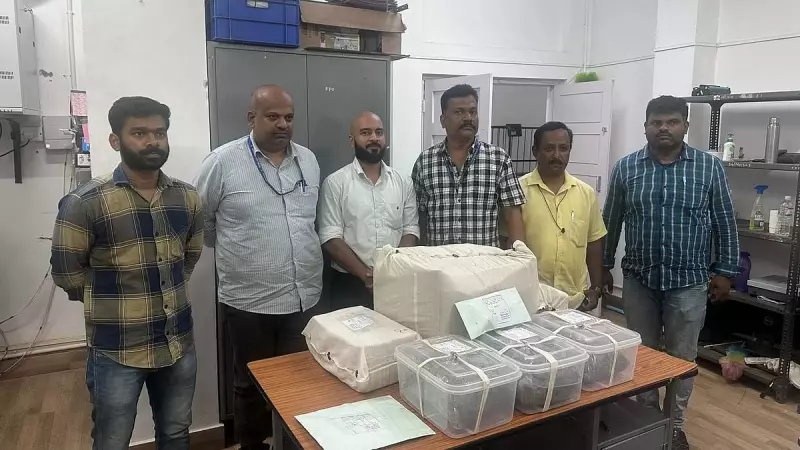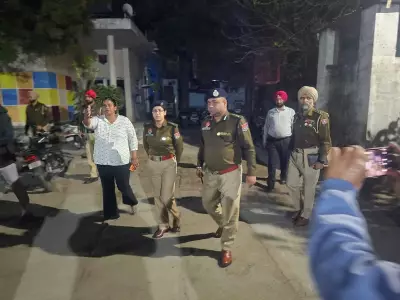
In the bustling tech hub of Bengaluru, where police regularly seize substantial quantities of illegal narcotics, a critical question emerges: what becomes of these confiscated substances once they're off the streets? The answer reveals a meticulously planned scientific process designed to ensure complete destruction while protecting the environment.
The Secure Journey from Crime Scenes
When Bengaluru police confiscate drugs during raids or arrests, these substances don't simply disappear into evidence rooms. They embark on a carefully monitored journey through multiple security layers. Initially stored in high-security police station vaults, the narcotics remain under constant surveillance until their day of reckoning in court.
"Every gram is accounted for," emphasizes a senior police official familiar with the process. "From the moment we seize substances to their final destruction, there's a documented chain of custody that leaves no room for discrepancies."
The Court's Final Verdict
Following legal proceedings and conviction in drug-related cases, judges issue specific destruction orders. These judicial mandates don't merely authorize disposal—they require it. The court-appointed committee then swings into action, overseeing the entire destruction process to ensure absolute transparency.
Scientific Destruction Methods
Unlike dramatic television portrayals of drug burnings, Bengaluru employs environmentally conscious disposal techniques:
- Incineration at Licensed Facilities: Specialized facilities with high-temperature incinerators break down chemical compounds completely
- Chemical Neutralization: Some substances undergo chemical treatment that renders them inert and harmless
- Bio-remediation: For certain organic drugs, biological methods help decompose the materials safely
Environmental Protection Priority
Authorities have moved beyond simple burning methods that could release toxic fumes into Bengaluru's atmosphere. "We cannot fight crime by creating environmental hazards," explains an environmental scientist involved in the process. "Modern disposal methods ensure these dangerous substances don't contaminate our soil, water, or air."
The Accountability Framework
Multiple agencies maintain oversight throughout the destruction process:
- Karnataka Police Department maintains physical custody
- Judiciary provides legal authorization
- Pollution Control Board ensures environmental compliance
- Forensic experts verify substance identity
This multi-layered approach creates a system where transparency isn't just encouraged—it's structurally enforced at every step, from seizure to final disposal.
As Bengaluru continues its battle against drug trafficking, the sophisticated behind-the-scenes processes demonstrate how law enforcement has evolved to handle dangerous substances responsibly, balancing crime prevention with environmental stewardship.






